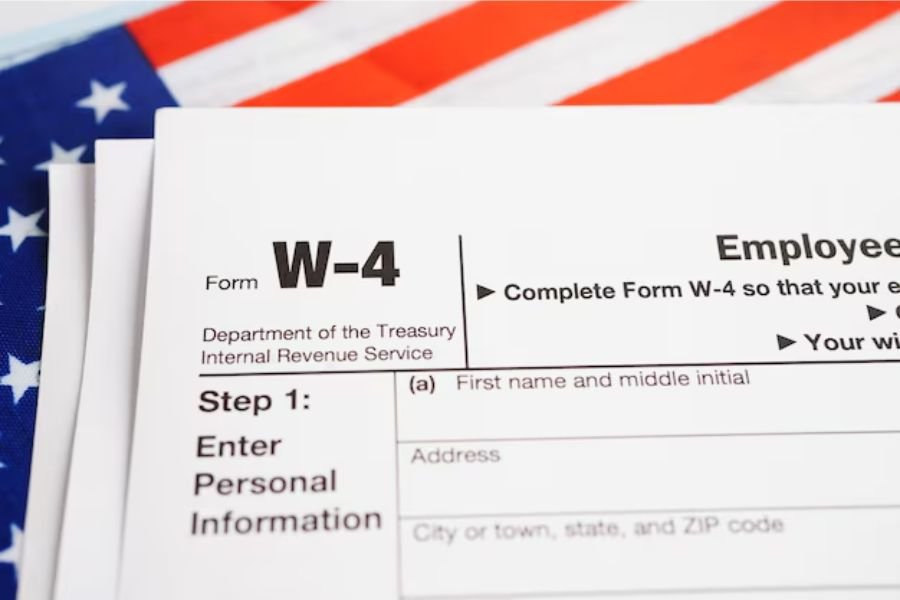
When CFOs talk about tax planning these days, it’s not in a once-a-year, check-the-box kind of way. It’s strategic. It’s proactive. And more than anything else, it’s constant. Corporate tax reduction has become a central thread in how financial leaders navigate today’s volatile business environment.
In an economy shaped by unpredictable costs, tight labor markets, and shifting global regulations, reducing your tax burden isn’t a nice-to-have. It’s a way to create breathing room, fund innovation, and make smarter decisions with the same amount of revenue.
So, what’s driving this shift and why is it so urgent now?
The Pressure CFOs Are Under Right Now
CFOs are under more scrutiny than ever. They’re not just expected to report the numbers, they’re expected to shape the story behind them. Investors want leaner operations. Boards want better margins. And the C-suite wants flexibility.
Here’s the tough part: costs are rising across the board. Healthcare. Wages. Supply chains. Real estate. That leaves CFOs looking for areas where savings won’t hurt operations or morale. Taxes are one of the few remaining levers that can be pulled without taking away value.
Smart tax reduction strategies let CFOs show growth and protect cash flow, all while staying compliant. It’s not about cutting corners, it’s about uncovering opportunities buried in the code.
Tax Law Is Always Moving and That’s an Advantage
One of the reasons corporate tax reduction is such a hot topic is that the tax landscape never stays still. Local, state, federal, and even international rules are constantly evolving. What wasn’t deductible two years ago might be fully deductible today. What was once an obscure IRS rule could now mean six figures in savings for your company.
And for CFOs paying attention or partnering with the right advisors, this is a major opportunity.
For example, tax codes around things like equipment depreciation, energy efficiency, and R&D tax credit spend have changed substantially. If your team hasn’t revisited these areas recently, chances are, you’re leaving money on the table.
It’s Not One Strategy, It’s a Stack
The smartest CFOs treat tax reduction like a multi-layered strategy. It’s not just about finding one big deduction. It’s about stacking multiple smaller ones, consistently.
Some of the most common tactics include:
- Cost Segregation: Accelerates depreciation on certain building components to free up cash now, not later.
- R&D Credits: Applies to more than just tech companies. Many businesses qualify without realizing it.
- Energy Efficiency Incentives: Programs like the Energy Efficient Home Improvement Credit reward sustainability.
- State & Local Incentives: From job creation to infrastructure investments, there are dozens of location-specific credits available.
These may sound complex, but with expert tax reduction services, they’re all manageable and they add up.
Risk Management Is Part of the Equation
Corporate tax reduction isn’t just about maximizing benefits. It’s also about staying off the radar. No CFO wants to trigger an audit or worse, be seen as playing fast and loose with compliance.
This is where working with seasoned professionals becomes essential. A well-executed tax reduction plan is both aggressive and airtight. That means proper documentation, clearly defined strategies, and full alignment with IRS guidelines.
At Renaissance Advisory, we take compliance as seriously as we take savings. That’s the balance CFOs are looking for: confidence and efficiency.
Why Tax Reduction Is the CFO’s Secret Weapon
There’s a reason more financial leaders are budgeting specifically for tax strategy support. When done right, corporate tax reduction offers:
- Immediate ROI: Unlike some cost-saving initiatives, the impact here is fast.
- Predictability: Knowing your tax exposure ahead of time helps with better planning.
- Flexibility: Freeing up capital lets you respond faster to market shifts.
- Competitive Edge: Lower tax burdens can mean more room to invest, hire, and grow.
In short, it’s one of the few areas where smart decisions lead to both top-line and bottom-line gains.
The Role of Tax Reduction Services
You don’t have to go it alone. In fact, trying to handle tax optimization entirely in-house can be risky, not to mention resource-draining. That’s why CFOs turn to tax reduction services like the ones offered at Renaissance Advisory.
What sets a great tax advisory team apart isn’t just knowing the code. It’s about understanding your industry, your goals, and your growth path. The best firms don’t just minimize your tax bill; they help align it with your bigger financial picture.
With Renaissance Advisory, you get:
- Tailored analysis of your current tax structure
- Clear strategies based on real-world application, not theory
- Ongoing guidance as tax laws and your business both evolve
We don’t believe in one-size-fits-all solutions. We believe in partnerships.
Final Thoughts: Why Now?
Corporate tax reduction has always mattered. But now, it’s on the front burner. CFOs are looking for ways to protect margins, support their teams, and drive sustainable growth and they’re realizing that smart tax planning is one of the best ways to do all three.
Whether you’re operating in a tight market or scaling fast, the right tax reduction approach can help you move forward with more confidence and less waste.
Take the Smarter Route with Renaissance Advisory
At Renaissance Advisory, we work alongside CFOs to turn tax code into a tool, not a burden. Our tax reduction services are designed to uncover hidden savings, boost compliance, and keep your strategy ahead of the curve. Book a free consultation with our team today and start building your leaner, smarter financial future.

